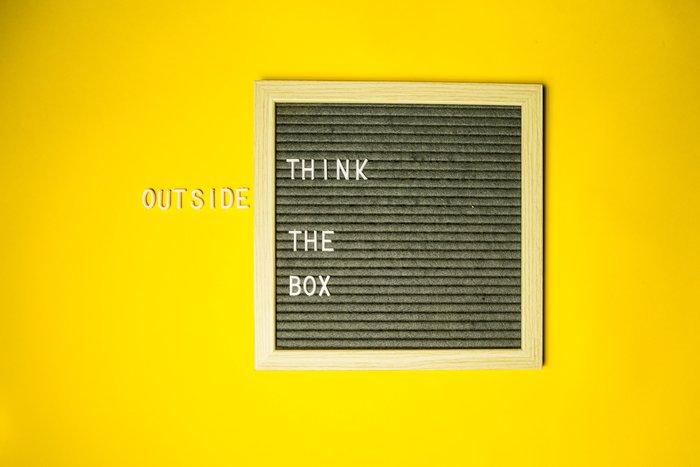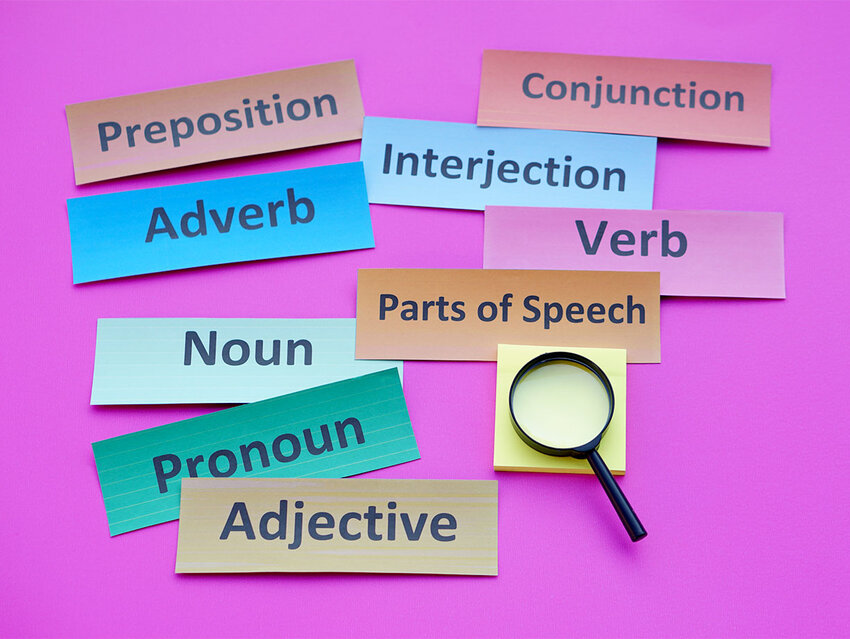
Passe-partout
[pass-pər-TOO]
Part of speech: noun
Origin: French, 17th century.
1.
A master key.
2.
A picture or photograph simply mounted between a piece of glass and a sheet of cardboard (or two pieces of glass) stuck together at the edges with adhesive tape.
Examples of Passe-partout in a sentence
"Hotel maids may use their passe-partouts to open any guest room in the building."
"Only one of the security guards has a passe-partout to open all the doors."
About Passe-partout
In French, “passe-partout” translates to “passes everywhere,” which makes a “passe-partout” far more literal in its home language than the equivalent English term “skeleton key.” Someone with a passe-partout can literally pass anywhere.
Did you Know?
In addition to describing a master key, the term “passe-partout” can also describe a sheet of card with its center cut out to create a framing mount for a picture or photograph. In both cases, the objects are correctly described as “passing everywhere.” In the case of image framing, this description applies to how much of the outside of the image is covered by the card mount. Because it passes all the way around the central image, such a mount is also described as a “passe-partout.”








